Getting to know Afcon arrivals
10 December 2012

In an attempt to ensure that as hosts of the visiting teams, we understand our visitors a little better, where they come from and what they are like, NMBT has compiled a fact file about the countries that will be hosted by NMB.
Additionally, it is important to accept that visitors from African countries like Niger, Ghana, Cape Verde, Angola, Mali and the Democratic Republic of Congo (DRC) are culturally quite different to South Africans. When it comes to paying for goods or services, many prefer using cash rather than credit card. When communicating with each other they are often expressive and exuberant.
The people from Mali wear flowing, colourful robes called boubous, that are typical of West Africa. Apart from soccer, the people from Niger enjoy horse-racing. The current Angloan and Portuguese lifestyle is very similar, so expect similarities. Soccer is sacred to the Ghanaian people.
The cuisine in our visiting countries commonly consists of a starch with stew, soup or sauces. Common staples are rice, cassava, millet, maize, sweet potatoes. Ghanain soups can contain exotic flavours and spices. Angolans cook with beans, chicken and fish. In Niger, couscous is eaten on special occasions, and colourful salads made with seasonal ingredients form part of the meal. Regional and cultural differences in cuisine exist within each country.
If NMBT members have Afcon visitors booked into their establishments, it would serve you well to research the different cultures of African people, it would contribute to adding value to their stay.
The first matches at the NMB Stadium on 20 January 2013 will be between Ghana and Congo Democratic Republic (17:00) and Mali versus Niger (20:00).
Other Afcon fixture that will be played at the NMB Stadium:
24 January 2013 - Ghana versus Mali (17:00) and Niger versus Congo DR (20:00)
27 January 2013 - Cape Verde versus Angola (19:00)
28 January 2013 - Niger versus Ghana (19:00)
The B Group Winner will play the A Group runner up in Round Four of the tournament at the NMB Stadium on 2 February 2013.
For those who have not yet bought tickets for this soccer extravaganza, bookings can be made at selected Spar outlets, via the Internet www.eqtickets.com and via telesales centre +27 (0) 87 980 3000.
| Niger | Ghana | Cape Verde Islands | Angola | Mali | Democratic Republic of Congo | |
| Official Languages | French | English | Portuguese | Portuguese | French | French |
| Capital | Niamey | Accra | Praia on Santiago (the largest of the islands) | Luanda | Bamako | Kinshasa |
| Per Capita Gross Domestic Produce (GDP) | $399 | $1,688.62 | $3,682.006 | $5,144 | $668 | $216 |
| Human Development Index (HDI) | 0.295 | 0.541 | 0.568 | 0.486 | 0.371 | 0.286 (lowest) |
| Currency | West African CFA franc | Ghana cedi | Cape Ferdean escudo | Kwanza | West African CFA franc | Congolese franc |
| Drives on the | right | right | right | right | right | right |
| Climate & Geography | Mostly subtropical, very hot and dry, with much desert area. A bit of tropical in south – Niger River basin. Straddles Sahara & sub-Saharan region. | Warm tropical climate, near Equator. Flat plains, low hills and a few rivers. | Archipelago in Atlantic Ocean. Volcanic structures. Salt flats. Danger of flooding due to climate change. Moderate temperatures. Low rainfall – semi-desert. | Arid coast, green hills and mountains, large area of high inland plans – dry savanna, rainforest in north | Mostly hot Savanna –most of country in southern Sahara. Tropical south, arid north. Niger river. | High rainfall, rainforest, large Congo river, used for transport |
| Economics | Developing country. Recent economic growth, heavily dependent on agriculture. | Middle Income Country. Ghana Stock Exchange third largest in Africa. | Fast growing tourism industry. World Trade Organisation classified as Middle Income Country. | One of fastest growing economies in world. In 2001-2010, highest annual GDP growth – 11.1%. | Mostly low income. | Mostly low income. |
| Wildlife | Lion, giraffe, hippo, cheetah, leopard, African Buffalo, | Elephants | Endemic species – birds and reptiles, many endangered. | Lion, leopard, cheetah, elephant, rhino, hippo, buffalo, zebra, kudu, etc. | Elephant, hippo, amongst others | Chimpanzees, bonobo, forest elephant, mountain gorilla, okapi, white rhino. Most biodiverse African country, but endangered – all five national parks listed by UNESCO as World Heritage in Danger |
| Coast | Landlocked | Southern coast | Islands | West coast | Landlocked | Mostly landlocked (small coast) |
| Religion | Predominantly Muslim | Mainly Christian, then Muslim | Mostly Christian | Christian, some Muslim | Predominantly Muslim | Mostly Christian |

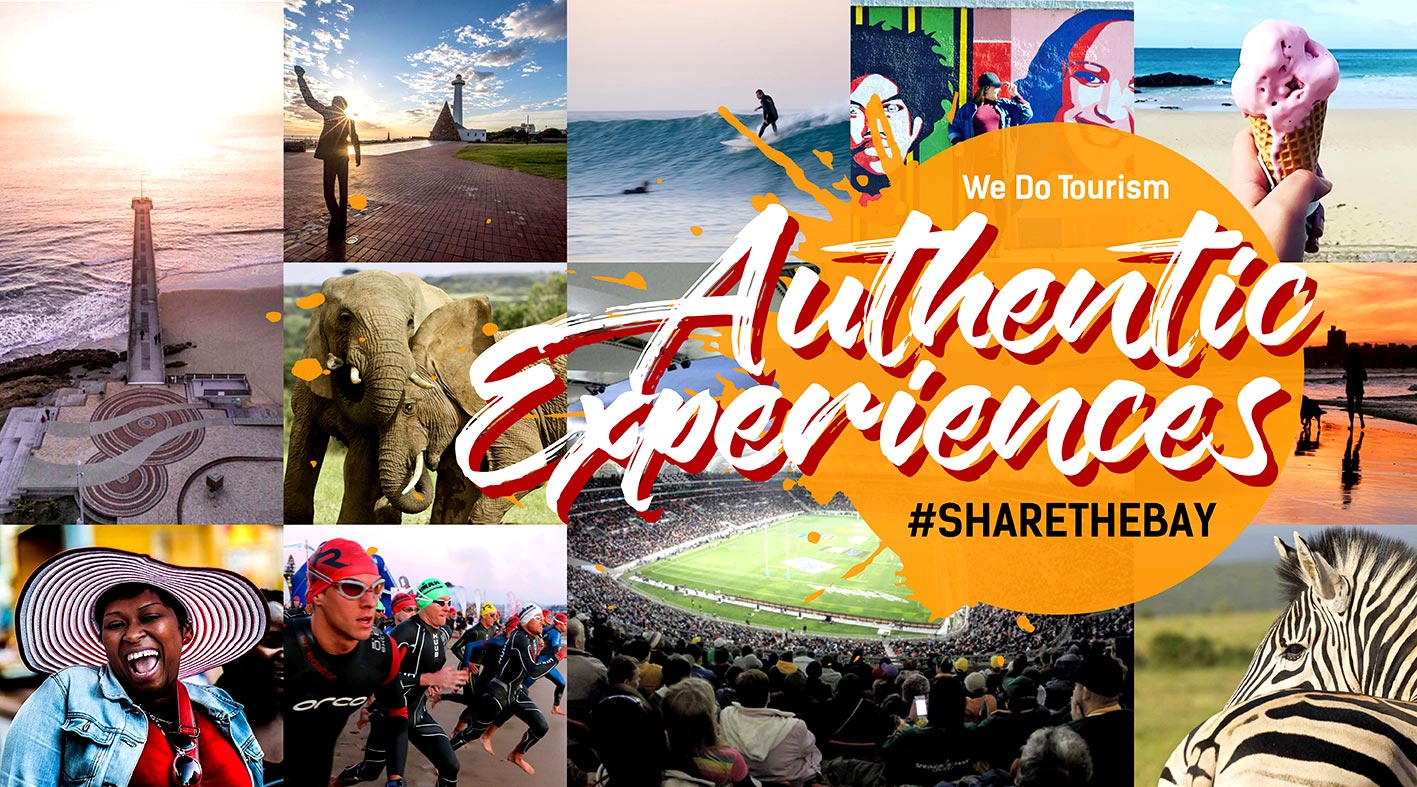
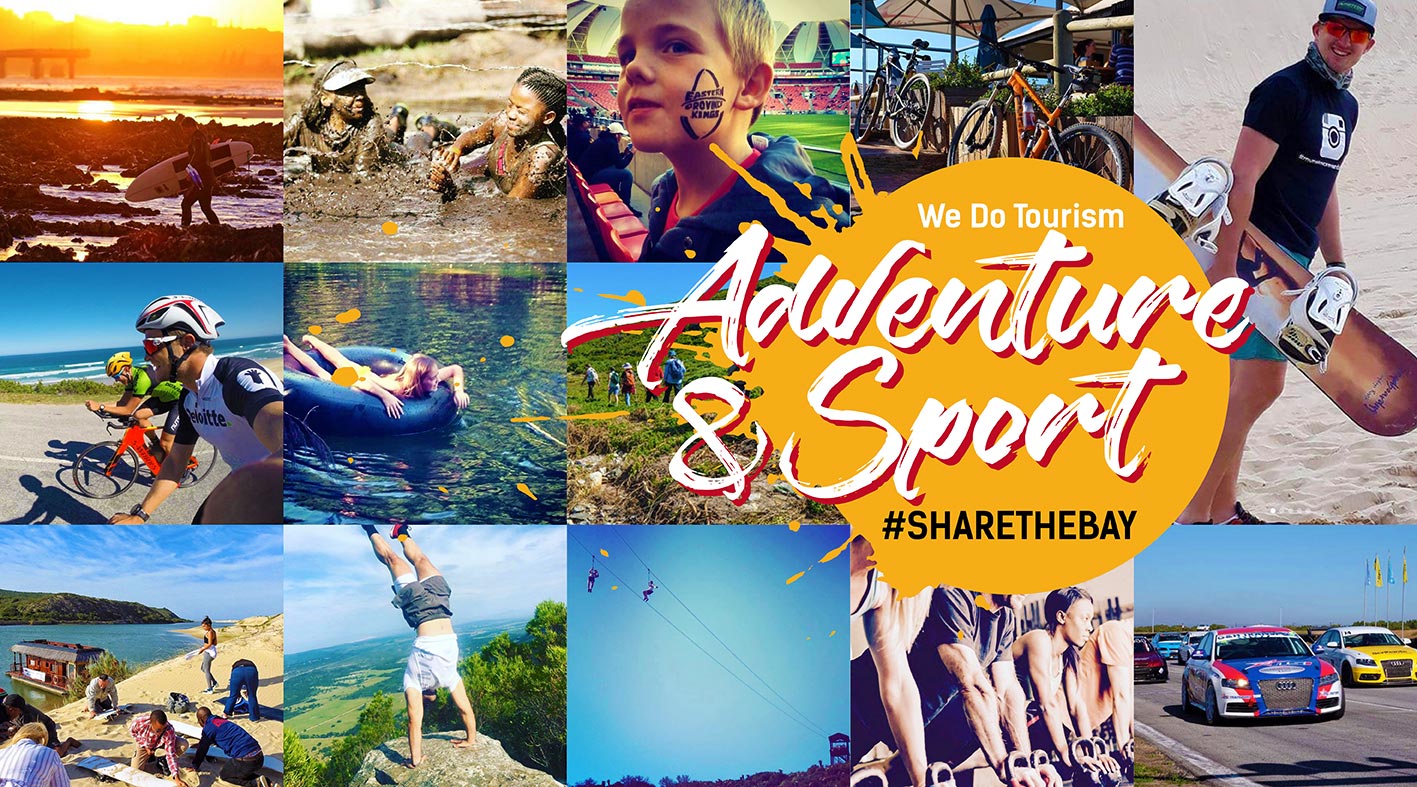
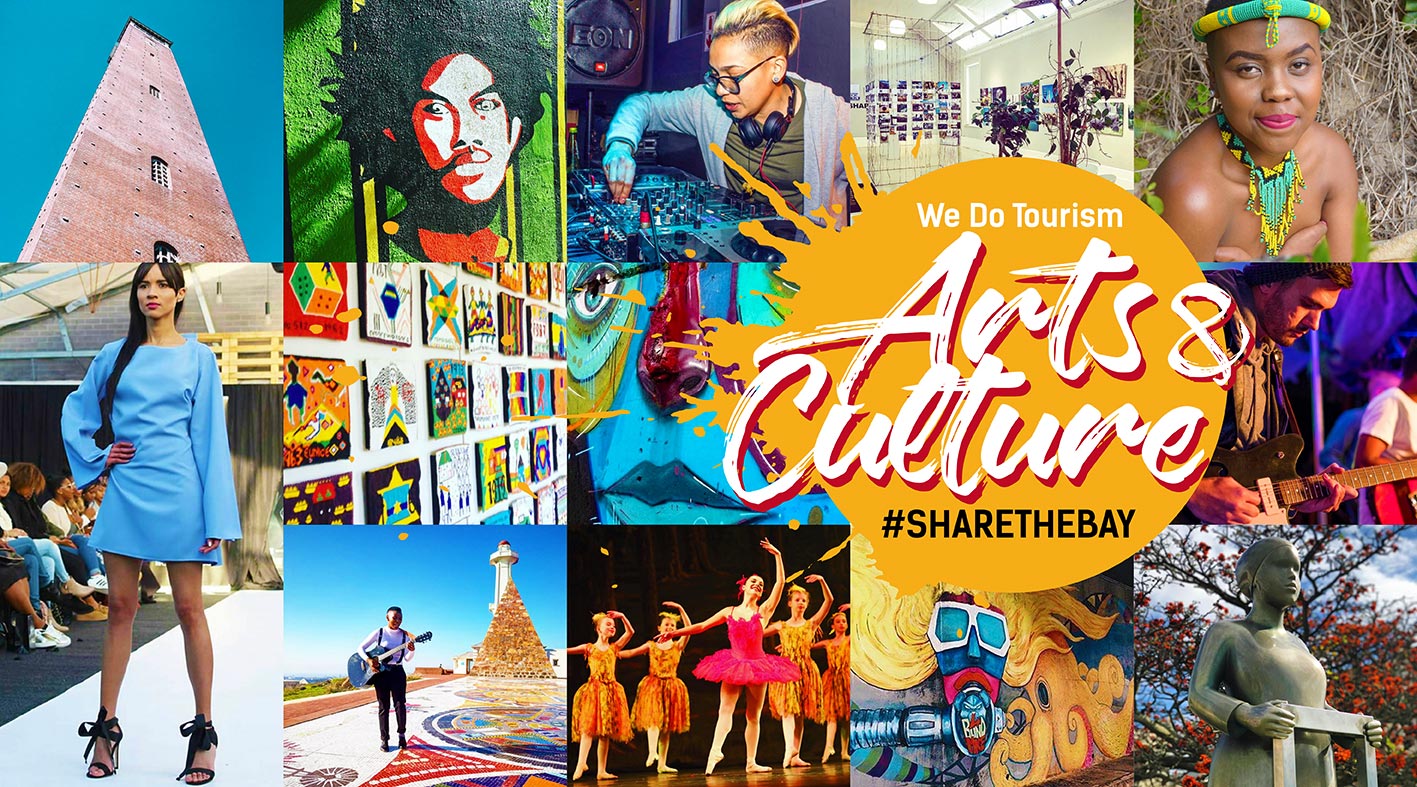
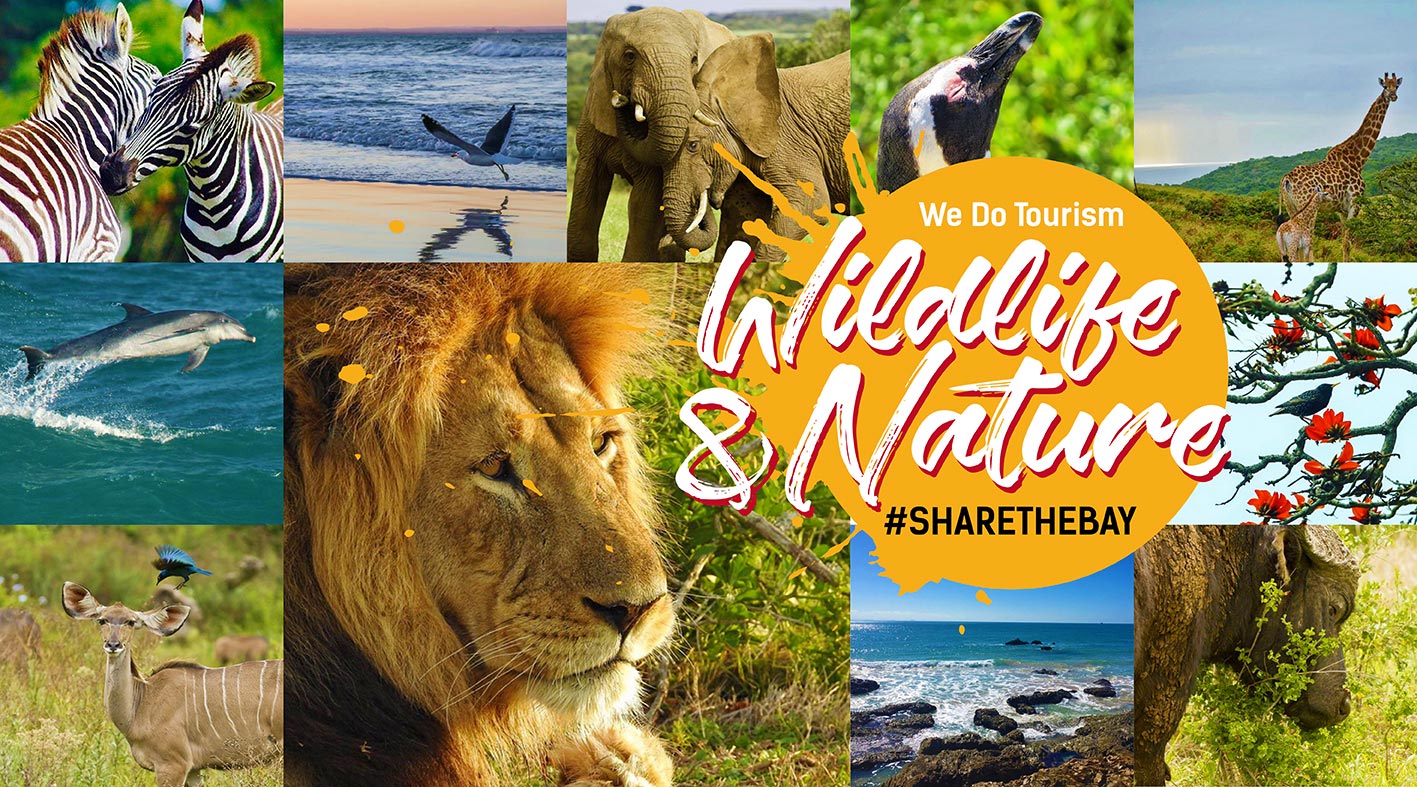
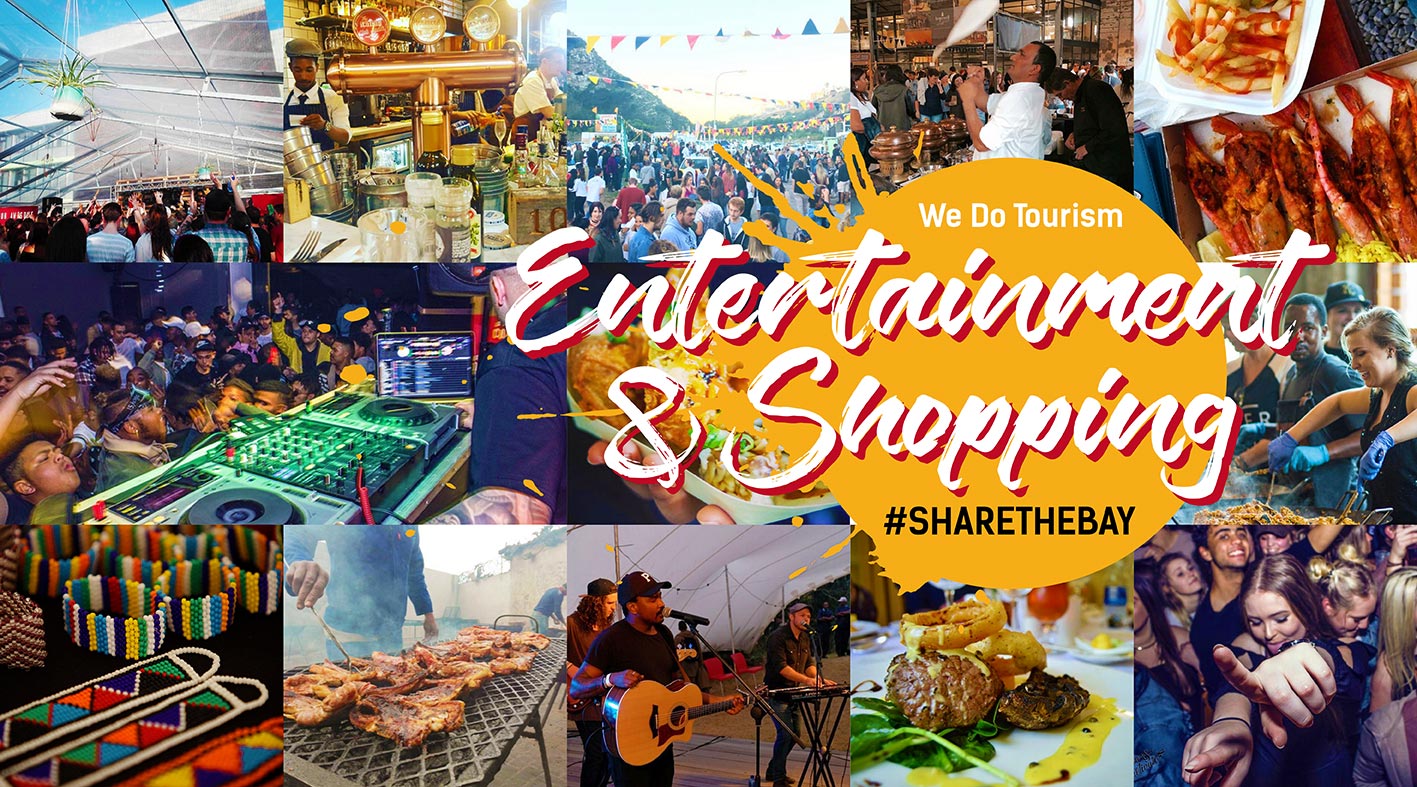
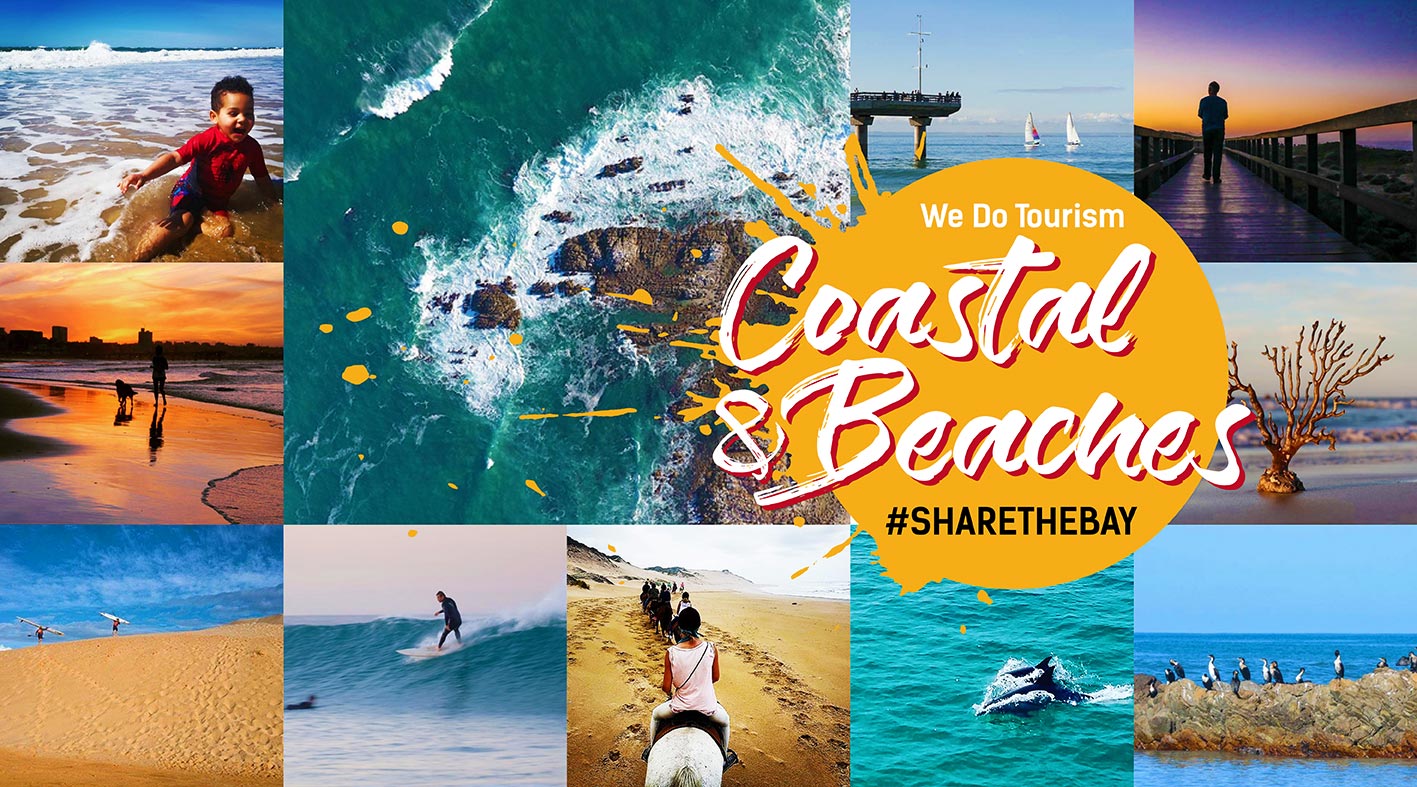
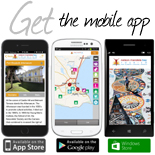

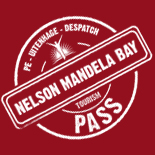
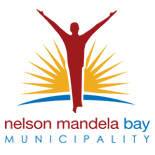
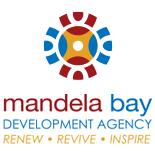
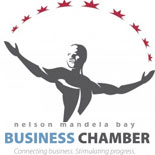
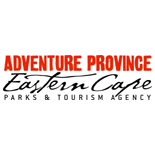
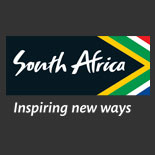
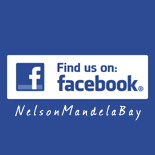
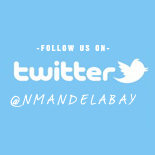


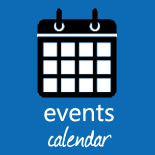
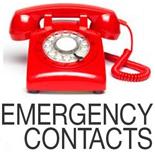
 Please wait!
Please wait!